| Title | Screaming Goats |
|---|---|
| Director | Thunska Pansittivorakul |
| Main Cast | Anticha Sangchai |
| Country | Thailand |
| Year of Production | 2018 |
| VDP Selection Year | Justice-2019 |
| Screen Time | 22min |
| Language | Thai |
| Subtitles | English/Japanese |
| Tags | LGBT, Islam, Southern Thailand, Women, Discrimination, Military Conflict |
Overview
“The southern border of Thailand is dangerous, scary, you shouldn’t live there, it’s full of violence.” That how it’s mostly presented in the media. But what is the Southern border really like? This documentary will guide you to another perspective through the eyes of a female-female couple.
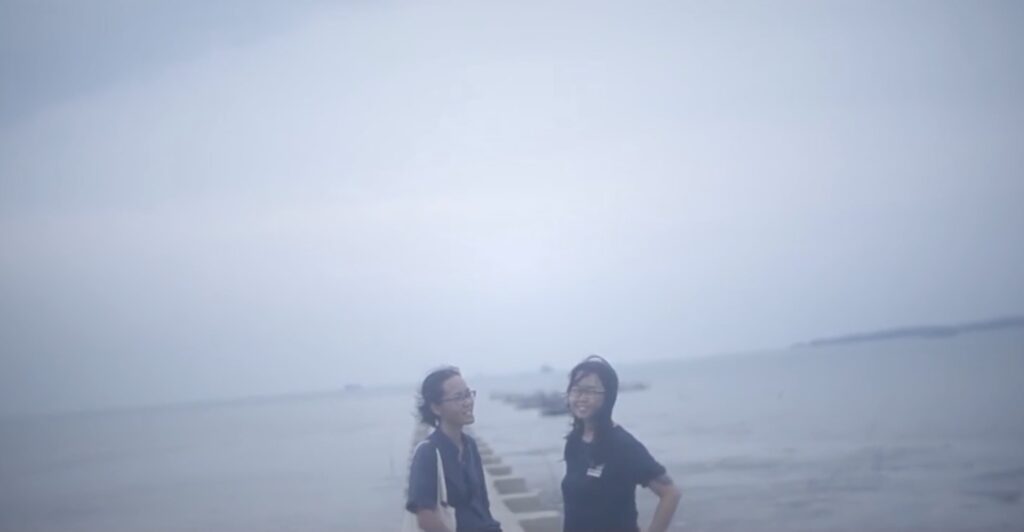
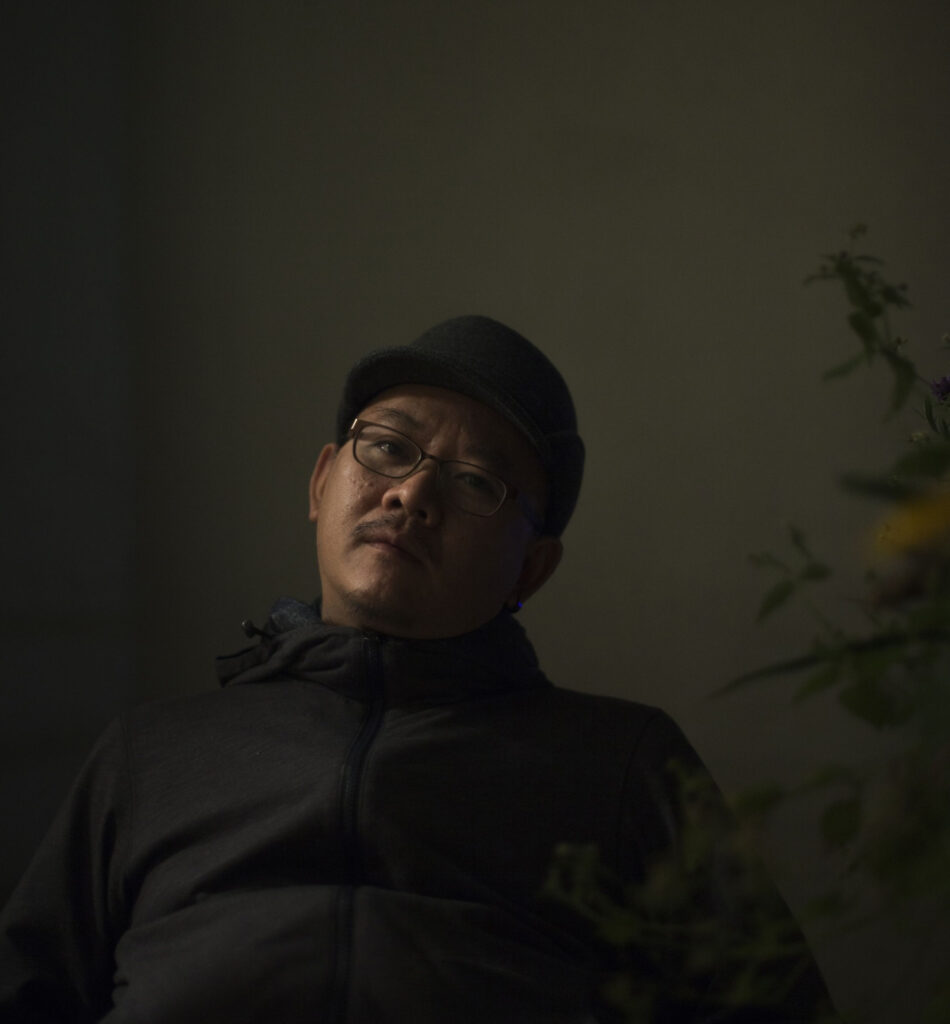
Thunska Pansittivorakul
Director
Thunska Pansittivorakul was born in Bangkok in 1973. He graduated in Art Education from Chulalongkorn University. He won the Grand Prize award at the 4th Taiwan International Documentary Festival in 2004 for his documentary feature Happy Berry. His ‘Heartbreak Pavilion’ project won the Top Award from Pusan Promotion Plan (PPP) at the 10th Pusan International Film Festival in 2005. In 2007 he received the Silpatorn Award from The Ministry of Culture’s Office of Contemporary Arts, which is awarded to one outstanding artist each year. The past honorees in the field of film include Pen-Ek Ratanaruang, Apichatpong Weerasethakul, Wisit Sasanatieng, etc. His work has premiered at international film festivals including Berlinale, Rotterdam and many other film festivals.
Anticha Sangchai
Main Cast
Anticha Sangchai is one of the subjects in the film. She lives in Pattani, a southern boarder of Thailand, and she organized a LGBT group in the Muslim area. She served as a philosophy lecturer at Prince of Songkla University, Pattani Campus. She is a painting therapist and an LGBT human rights defender. In 2013, she founded and directed BUKU; The organization which ran a feminist bookstore, the gender-inclusive football club and the women wellbeing space in Pattani province. BUKU works within an anti-oppression, intersectionality feminism, and human rights framework to protect SOGIESC rights and promote LGBT/women’s wellbeing, gender equality in the three southern border provinces of Thailand.
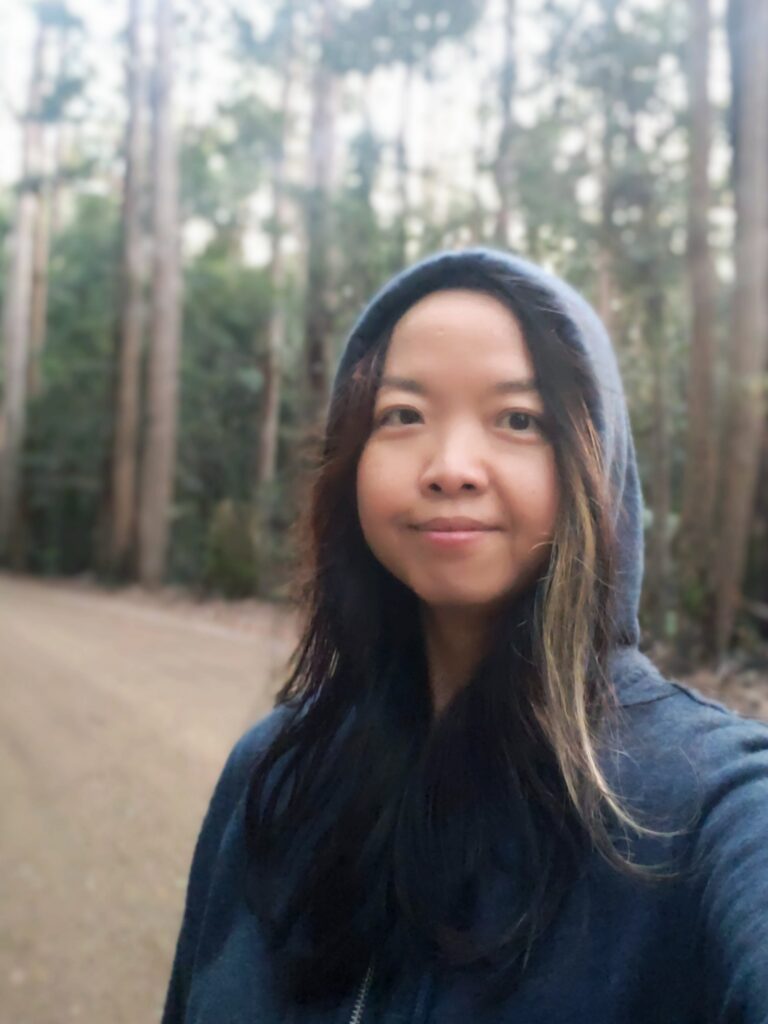
Interview with the Director
Why did you make this documentary?
How did you come to work on this theme?
I personally knew Benedict Anderson, a professor who specialized in Southeast Asian history, from 2005. Among many suggestions that he gave me was “why don’t you make a film on the Southern border conflict?” since I originally came from that region and my hometown was just 30 minutes away from the border. I have touched upon the issue before, although quite superficially, in my previous works like This Area is Under Quarantine (2008) and The Terrorists (2011) which tells of incidents that took place not far from the problematic area. However, I had never really dared to enter the area myself. Later, Anderson passed away in 2015, not long after another coup d’etat by the military in Thailand. This made me contemplate subject matters that I had never addressed in my work before, namely the Southern border and ultra-nationalists. All these issues now appear in this documentary as my tribute to Benedict Anderson (1936-2015).
Commentary from the Screening Committee Members
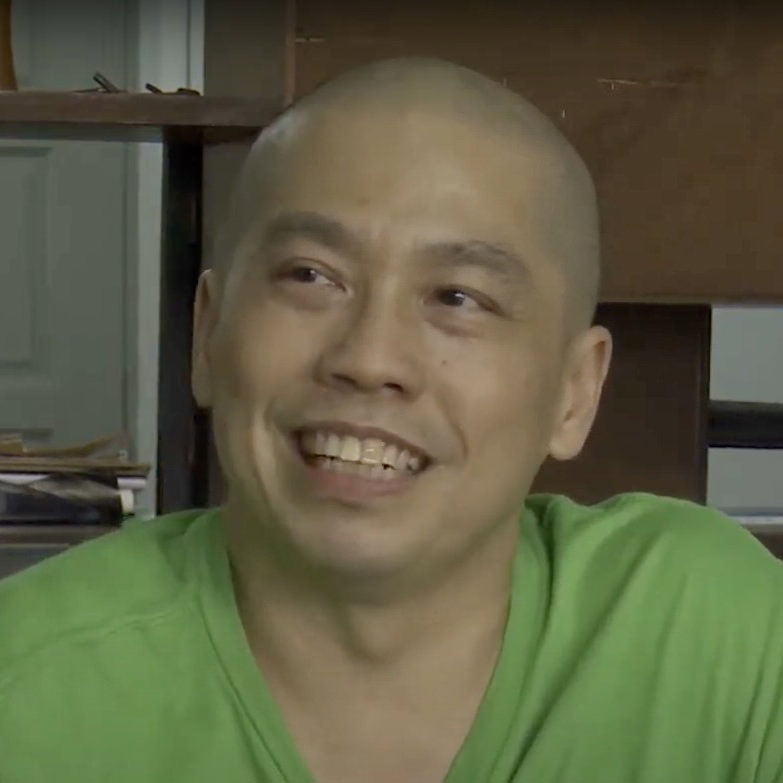
HO Yuhang
Film Director
The filmmaker cleverly weaves the mysterious southern border violence with a history of personal violence. The two seemingly disparate subjects comment on and resist one another. There’s the man-made political violence in the southern region of the country (“man” in the literal sense), and on the other hand, there’s the victim of another kind of man-made domestic violence. The fact that the filmmaker chooses a female couple is already a political commentary against the permeating patriarchal structure. It’s a film of quiet resistance.
Related Films
-
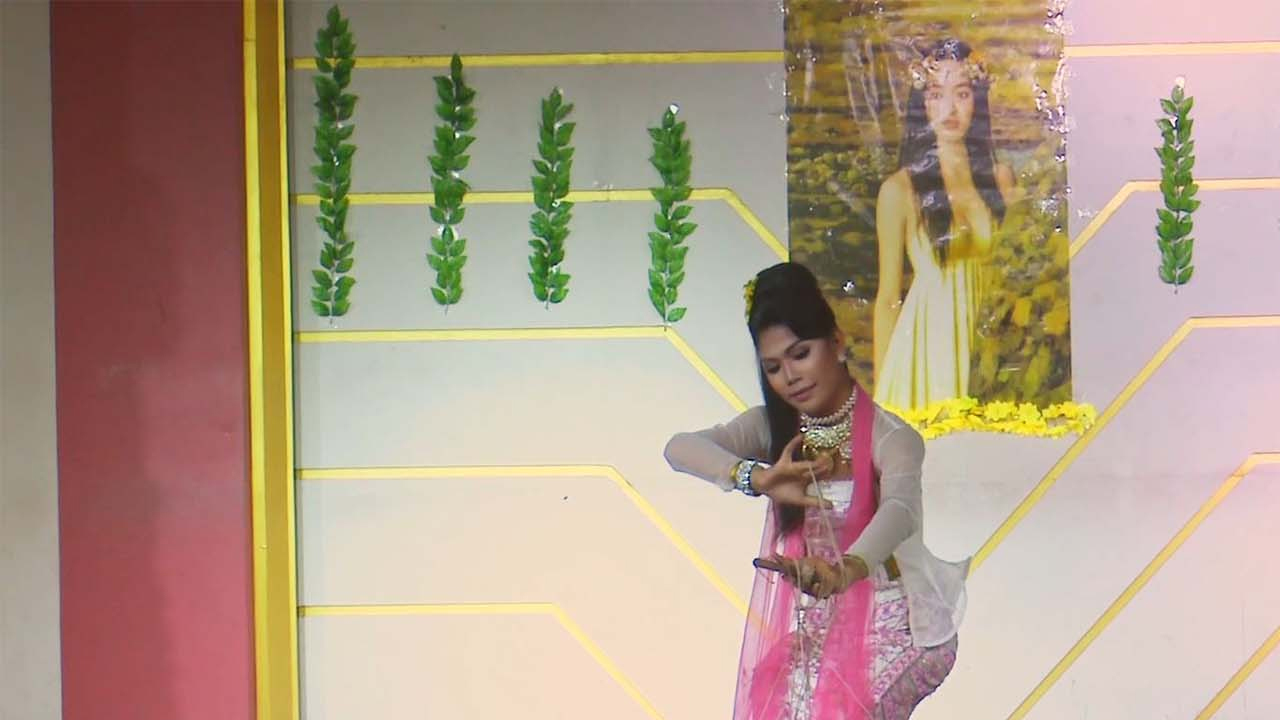
A Simple Love Story
“A simple love story” is a documentary film that follows a not so simple love between a tomboy and transvestite man in modern day Myanmar. It traces the tensions that the couple faces and places them at the heart of issues in Burmese society: how can transgender people negotiate their love in society that has yet to embrace their differences?- Country
- Myanmar
- Director
- Hnin Pa Pa Soe
- Time
- 21min
-
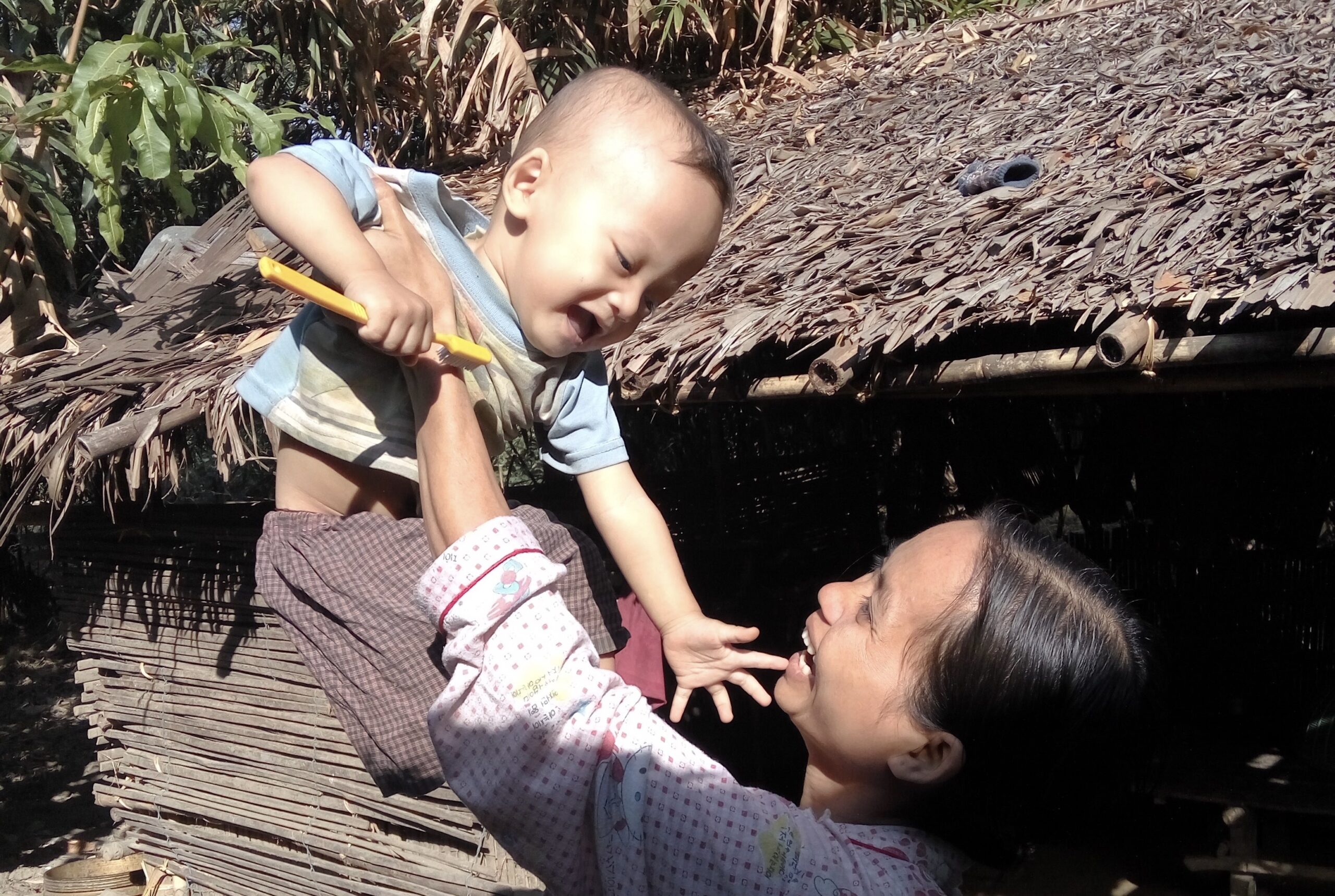
Unsilent Potato
This story is about a young disabled Karen ethnic woman named ‘Potato’. In 2014, she was raped by her neighbor, a married man who was later accused over said case. The rape case nonetheless was presented as a seduction suit: one of having unlawful sexual relations through persuasion. This documentary focuses on a strong-willed Karen ethnic woman and her family who are eager to share this with the female community and who have long suffered in silence to rise up and fight for truth and fair justice where no-one is above the law.- Country
- Myanmar
- Director
- Sein Lyan Tun
- Time
- 22min
-
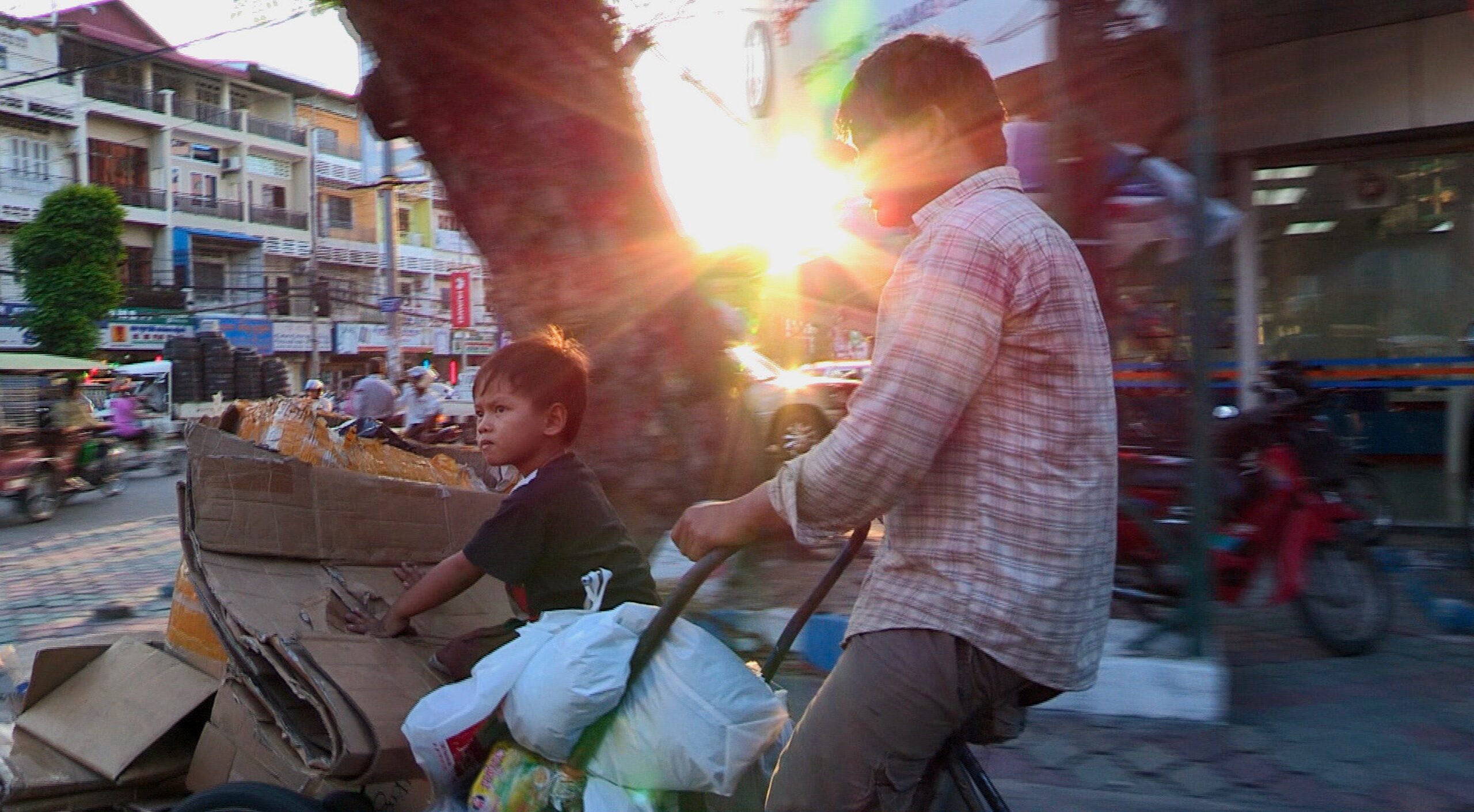
Don’t know much about ABC
This documentary offers an intimate portrayal of a relationship between a father and his son, and the challenges of homeless life on the streets of Phnom Penh. Drawing out the importance of education in opening opportunities to improve one’s lot in life, it traces the everyday challenges that Ron Dara faces raising his son.- Country
- Cambodia
- Director
- Norm Phanith and Sok Chanrado
- Time
- 22min
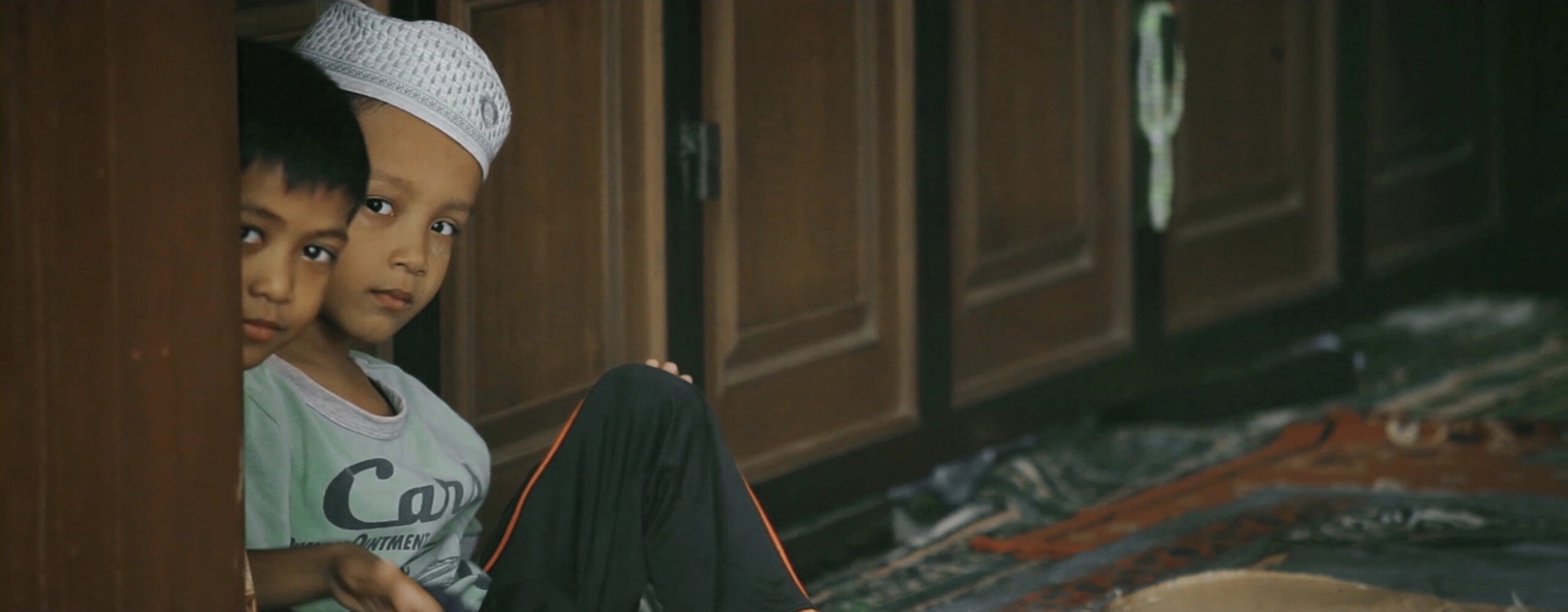
Yoko Hayami
Professor, Center for Southeast Asian Studies, Kyoto University, Cultural Anthropology
Every scene, every cut in the film is composed beautifully and colorfully. Against this beautiful backdrop however, the spoken words are about experiences of conflict and anger towards violence. Two women, an activist couple, who moved to the south ten years ago, talk about their own awakening towards living out their lives as they are, to politics, and to the situation in the south, and about their determination simply to act in whatever way they can.